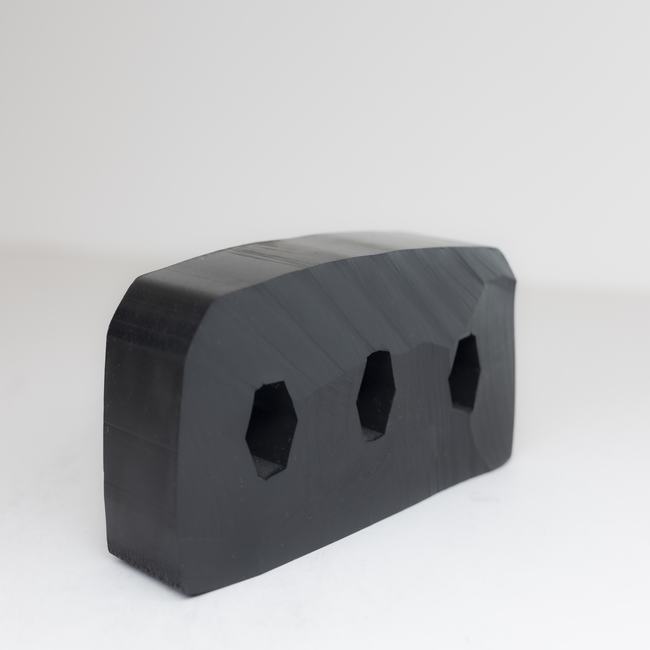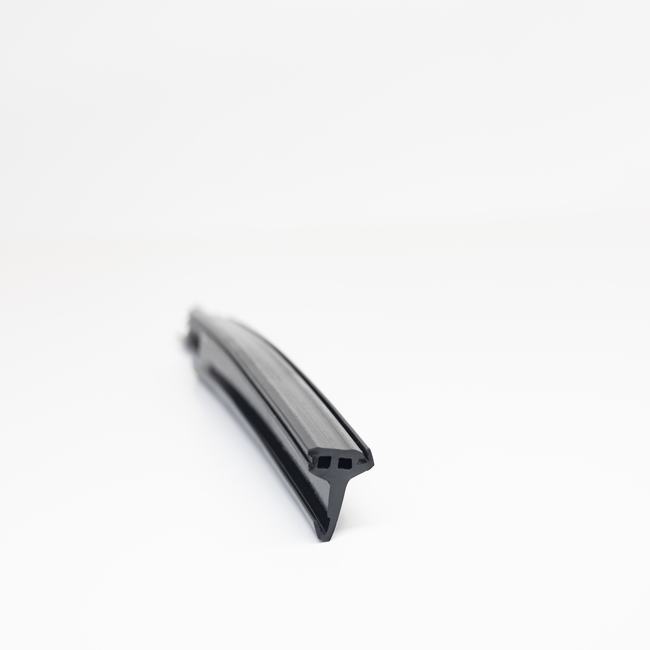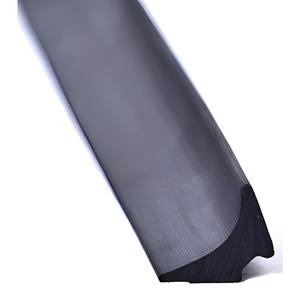Ship seals, also known as marine seals or shipboard seals, are specialized components used in the maritime industry to maintain the integrity of various openings and interfaces on ships and vessels. These seals are essential for ensuring the safety, performance, and efficiency of ships while preventing the ingress of water, environmental contaminants, and other potential hazards. Ship seals encompass a wide range of applications, and their design and material selection depend on the specific area of the vessel they are intended for. Here is an extensive description of ship seals:
Key Types and Applications of Ship Seals:
- Hatch Seals: Hatch seals are used to create watertight and airtight seals around cargo hatches, access points, and storage compartments on ships. They prevent water ingress, ensuring cargo remains dry and safe during transit.
- Door Seals: Door seals are crucial for sealing doors on ships, including cabin doors, watertight doors, and cargo access doors. They prevent water from entering, maintain compartment integrity, and contribute to ship safety.
- Shaft Seals: Shaft seals are used in the propulsion systems of ships, including the seals around the propeller shaft. They prevent water from entering the ship’s hull while allowing the shaft to rotate freely.
- Porthole and Window Seals: These seals are used around portholes, windows, and other transparent openings on ships to maintain watertight and airtight integrity. They enhance the safety and comfort of passengers and crew.
- Bulkhead Seals: Bulkhead seals are employed in bulkhead partitions within the ship’s structure. They help maintain the structural integrity of the vessel and prevent water from flowing between compartments.
Materials Used in Ship Seals:
- Rubber Compounds: Many ship seals are made of various rubber compounds, including natural rubber, EPDM (Ethylene Propylene Diene Monomer), neoprene, and silicone. These materials offer excellent flexibility, resilience, and resistance to water and UV radiation.
- Metal Components: Some ship seals incorporate metal components, such as stainless steel, to enhance structural strength and durability, especially in high-stress areas like propeller shaft seals.
Key Characteristics and Benefits of Ship Seals:
- Watertight Integrity: Ship seals are designed to create watertight barriers, preventing water ingress and ensuring the ship remains buoyant and stable.
- Safety: Effective seals contribute to ship safety by preventing flooding in case of accidents or rough sea conditions. They are crucial for maintaining the ship’s stability and preventing catastrophic events.
- Environmental Protection: Ship seals help protect the marine environment by preventing the release of pollutants, oils, or hazardous cargo into the sea. This is essential for complying with international regulations and reducing the ecological impact of shipping.
- Efficiency: Properly sealed cargo hatches and access points help maintain cargo quality and reduce the risk of spoilage or damage during transport.
- Passenger Comfort: Seals around windows and portholes contribute to the comfort of passengers and crew by keeping cabins dry, preventing drafts, and reducing noise and vibration.
Installation and Maintenance:
The installation of ship seals requires precision and expertise to ensure their effectiveness. Proper alignment, compression, and sealing integrity are essential.
Maintenance includes regular inspections to detect wear, damage, or deterioration. Damaged seals should be promptly replaced to maintain the ship’s integrity and safety standards.
Regulations and Compliance:
The maritime industry is subject to international regulations, including those set by the International Maritime Organization (IMO), which mandate the use of specific seal types and standards to ensure ship safety and environmental protection. Ship operators must comply with these regulations and conduct regular inspections and maintenance to ensure seal integrity.
In conclusion, ship seals are critical components in the maritime industry, ensuring the safety, environmental responsibility, and efficiency of ships and vessels. Their effective design, material selection, installation, and maintenance are vital for safeguarding both the ship and the marine environment. Ship operators and crew must adhere to international regulations and best practices to ensure the reliability and performance of these essential seals.






